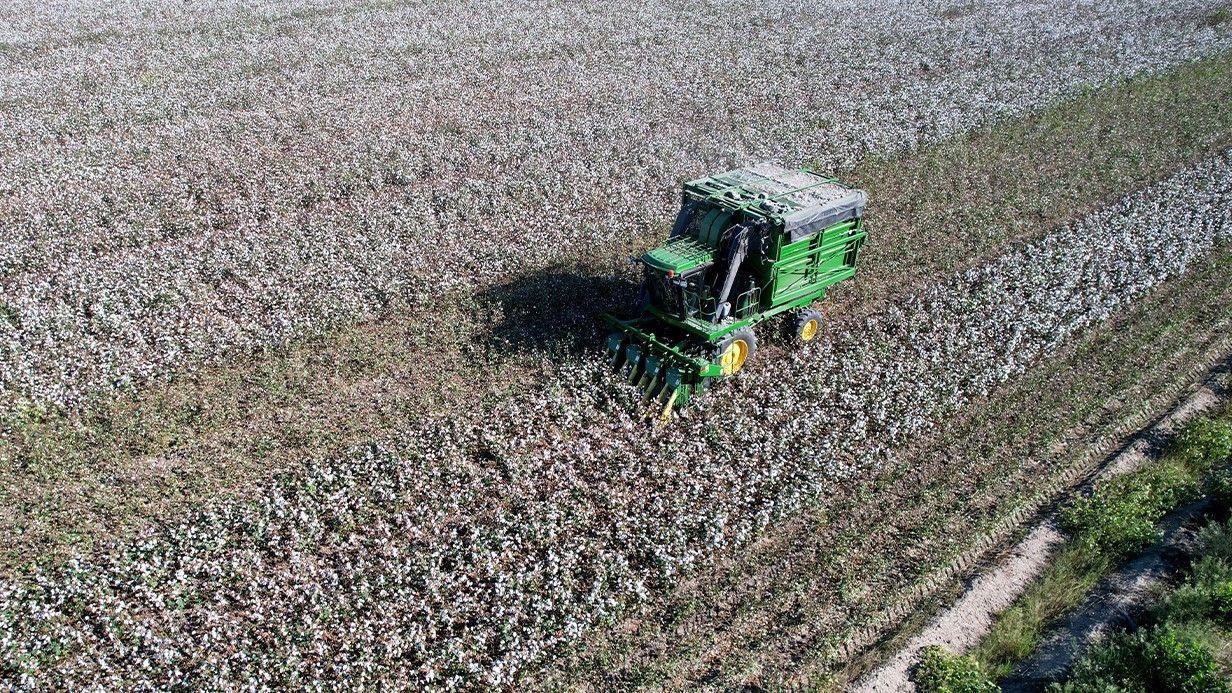
Türkiye’s cotton sector is facing a critical downturn as farmers grapple with a trio of challenges: Climate change, rising input costs, and declining market demand.
Industry experts warn that these pressures are threatening the sustainability of domestic cotton production, which has long been a cornerstone of the country’s textile industry.
Extreme weather events and prolonged droughts have severely impacted yields, particularly in key growing regions such as Şanlıurfa and Adana.
Farmers report that unpredictable rainfall and soaring temperatures have disrupted planting cycles and reduced crop quality.
At the same time, the cost of fertilizers, pesticides, and fuel has surged, making cotton cultivation increasingly unprofitable. Many producers say they are unable to cover basic expenses, leading some to abandon cotton altogether in favor of less costly alternatives.
Adding to the strain is a drop in demand from international buyers. Orders from major textile markets have slowed, and global competition has intensified, especially from countries offering cheaper cotton. This has left Turkish producers struggling to find stable outlets for their harvest.
Agricultural unions are calling for urgent government support, including subsidies and long-term investment in climate-resilient farming practices. Without intervention, they warn, Türkiye risks losing its competitive edge in cotton production and jeopardizing thousands of livelihoods tied to the sector.
Fevzi Çondur, president of the National Cotton Council, emphasized that cotton production is not limited to farmers alone but involves a broad process encompassing agriculture, industry and exports.
“Climate-induced water scarcity is making production planning nearly impossible. As irrigation costs rise, producers who cannot access water are abandoning cotton cultivation. This is not merely an agricultural issue — it is also a matter of rural development and economic stability,” Çondur warned.
Global challenges in Türkiye’s flagship sectors — ready-to-wear and textiles — have also led to a decline in demand for raw cotton.
İrfan Özhamaratlı, from the Istanbul Chamber of Industry (İSO), noted that rising costs, high inflation and a weak exchange rate have prolonged the resolution of these issues.
“In addition to stagnant global demand, we’ve lost our competitive edge. Companies are faced with two choices: Either sell at a price that covers costs, which buyers find too high, or sell at a loss just to maintain production capacity. Right now, it’s the latter. This is not only unsustainable — it poses a serious threat to the future of production and employment,” he said.